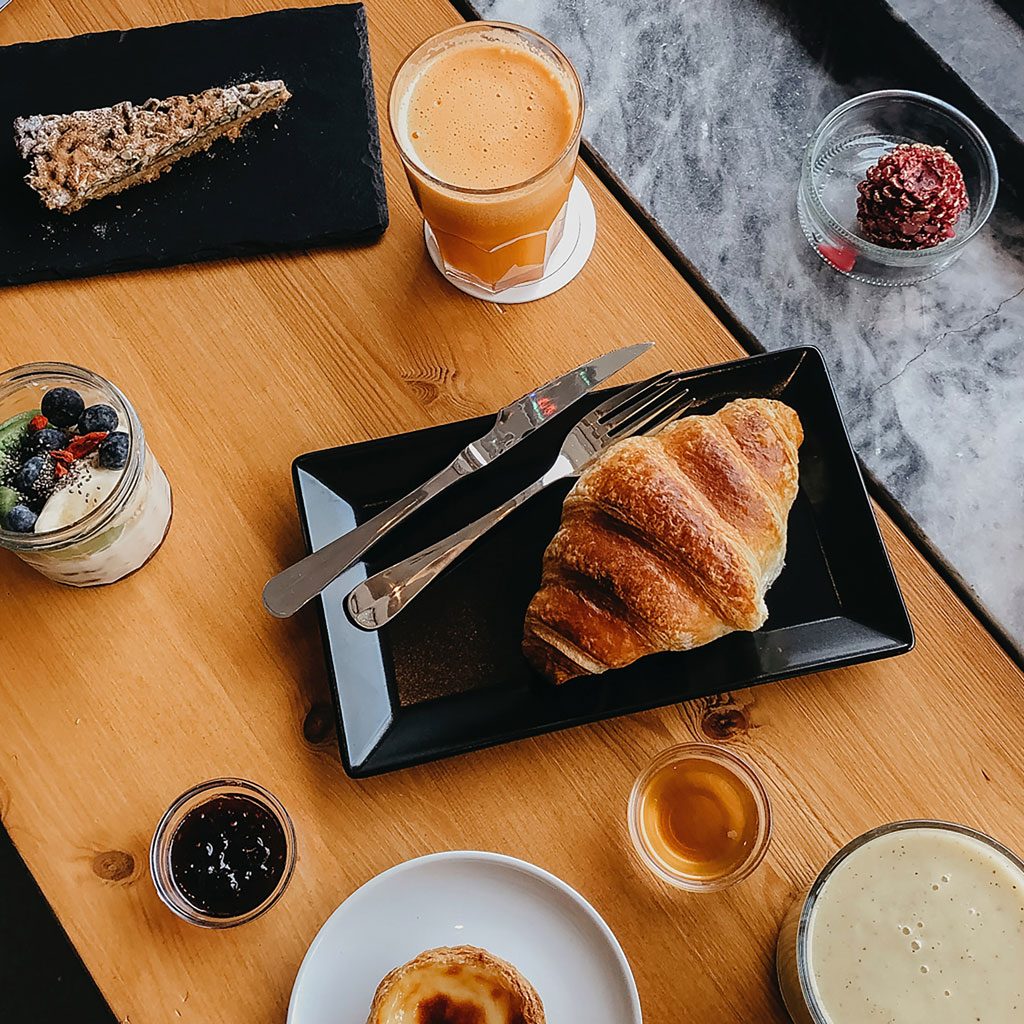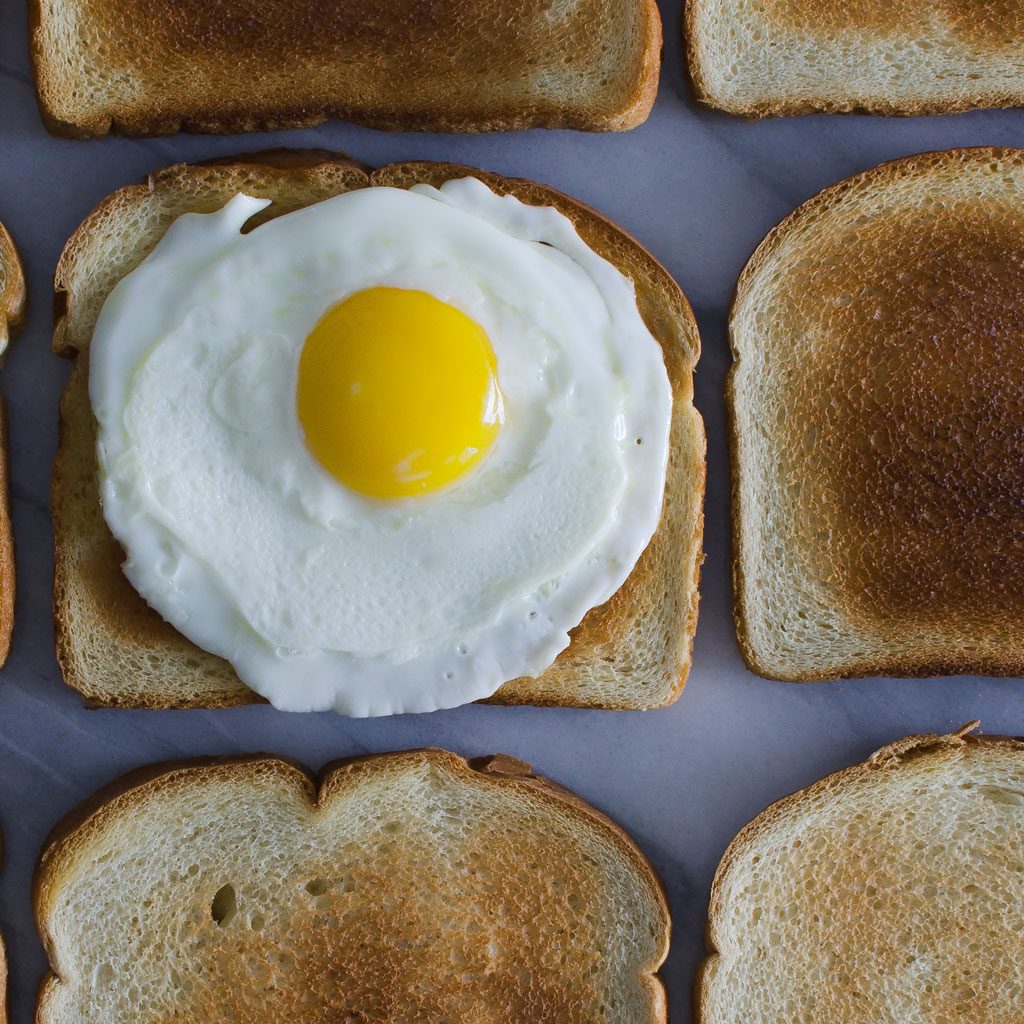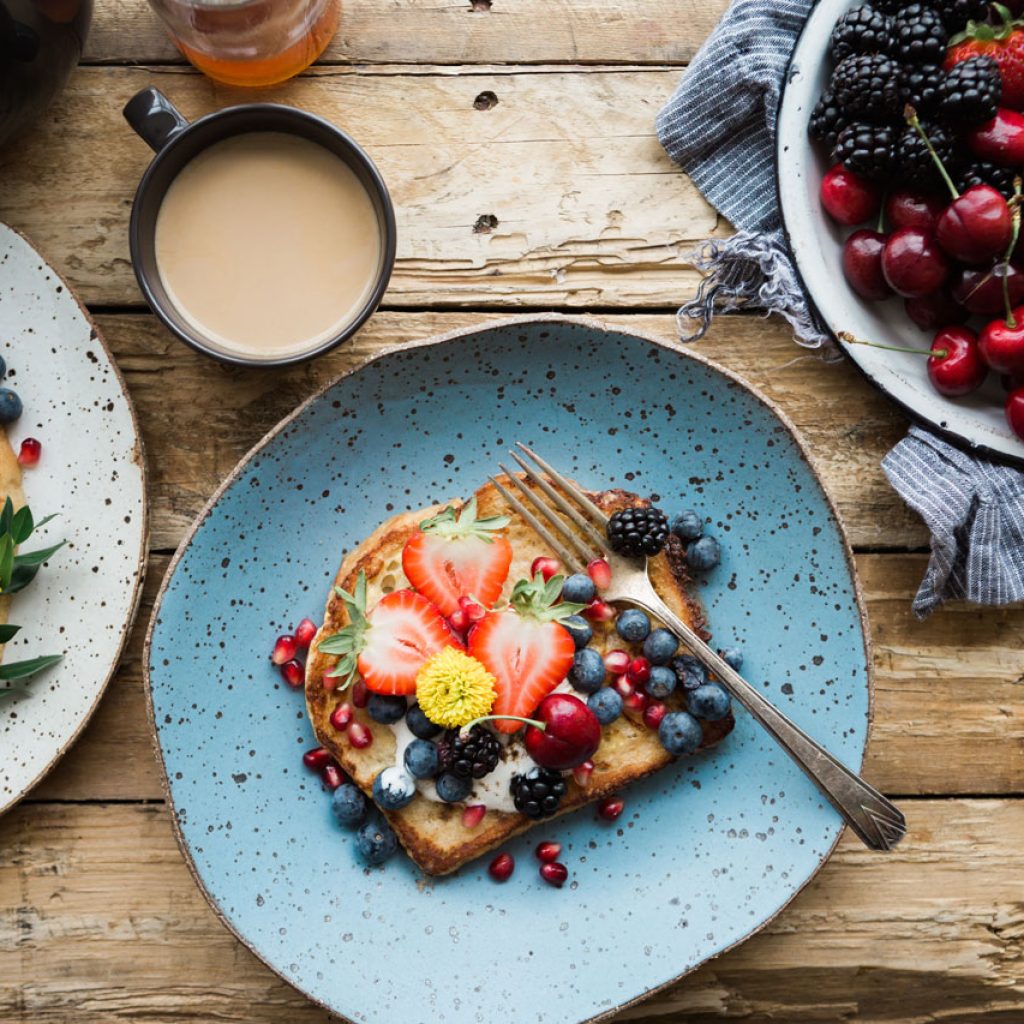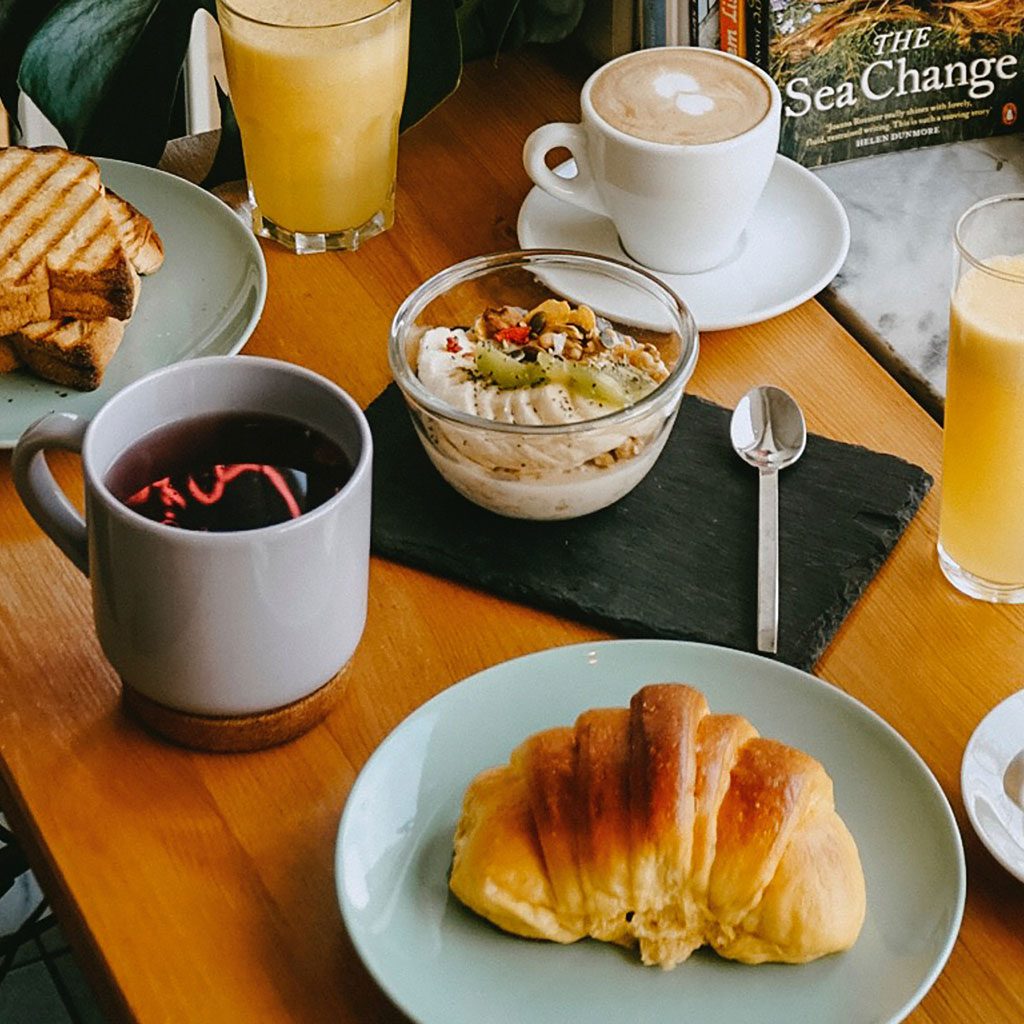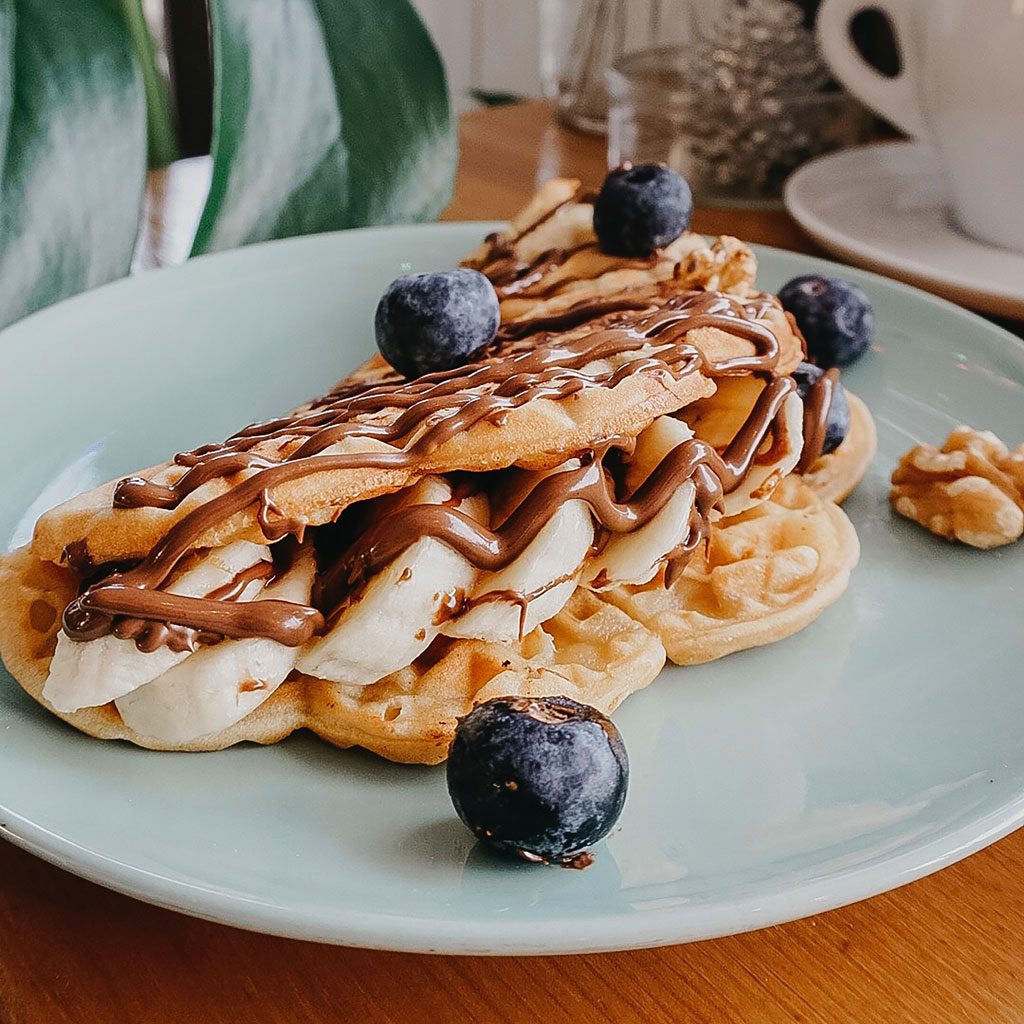Unlocking Flavor with Science
As a culinary school instructor with a background in biomedical research, I have always been fascinated by the intersection of food, science, and flavor. One ingredient that perfectly embodies this synergy is duck fat. The molecular gastronomy of duck fat goes beyond just its rich taste; it unlocks a world of flavors through scientific principles. Join me on this culinary journey as we explore how to harness the power of duck fat to elevate your dishes to gourmet levels, all while adhering to the principles of the keto diet.
Ingredients
- 1 duck breast, skin on
- 1 tablespoon duck fat
- Salt and pepper to taste
- Keto-friendly vegetables of your choice (e.g., asparagus, broccoli, or cauliflower)
Instructions
- Score the duck breast skin in a crosshatch pattern, being careful not to cut into the meat.
- Season the duck breast with salt and pepper, ensuring to coat both sides evenly.
- Heat a skillet over medium heat and add the duck fat.
- Place the duck breast skin side down in the skillet and cook for 6-8 minutes until the skin is crispy and golden brown.
- Flip the duck breast and cook for another 4-5 minutes for medium-rare doneness.
- Remove the duck breast from the skillet and let it rest for a few minutes before slicing.
- Meanwhile, sauté the keto-friendly vegetables in the remaining duck fat until tender-crisp.
- Slice the duck breast and serve with the sautéed vegetables for a flavorful and keto-friendly meal.
Nutritional Information
- Per serving: Calories – 350, Fat – 22g, Protein – 30g, Net Carbs – 4g
Cooking Tips and Tricks
- To enhance the flavor of the duck breast, consider marinating it in a mixture of herbs and spices before cooking.
- For a crispier skin, you can also sear the duck breast in a hot oven after pan-frying.
- Experiment with different vegetables and seasonings to create variations of this dish that suit your taste preferences.
Historical Insight
Duck fat has been a prized ingredient in many culinary traditions throughout history. French cuisine, in particular, has long revered duck fat for its rich flavor and versatility in cooking. Historical cookbooks from France often feature recipes that highlight the magical transformation that duck fat can bring to a dish, showcasing its importance in gourmet cuisine.
Conclusion
By understanding the molecular gastronomy of duck fat and applying scientific principles to your cooking, you can unlock a world of flavor that will elevate your dishes to new heights. I encourage you to experiment with this recipe, make it your own, and discover the endless possibilities that duck fat has to offer. Feel free to share your experiences, ask questions, or request more recipes that delve into the science of cooking. Let’s continue exploring the fascinating world of food together!


